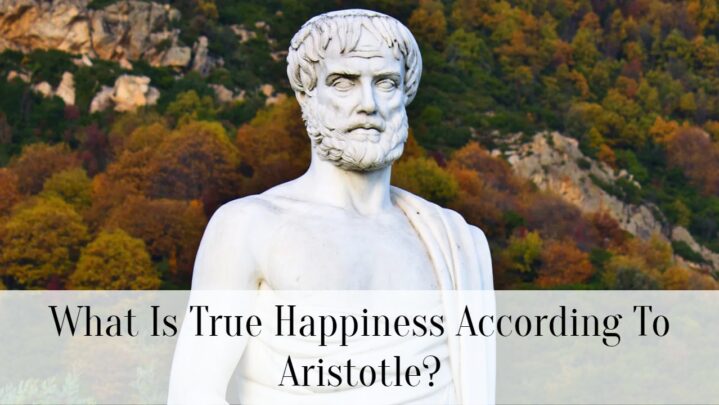True happiness, in Aristotle’s opinion, is what matters most in life
According to Aristotle, happiness is the purpose of everything we do. What does he mean by happiness, though? It is known as eudaimonia, which is frequently translated as “flourishing” or “well-being,” according to Aristotle. But it is not a transient emotion or sensation; rather, it is a condition of being that results from leading a good life.
Aristotle thought that leading a life of virtue is the route to finding true happiness. He believed that virtues were habits that helped us act in morally upright ways and in ways that were beneficial to our personal well-being. Among these qualities are bravery, honesty, charity, and kindness. We become better persons by practicing these characteristics.
According to Aristotle, happiness transcends the individual. He held the view that because we are social creatures, our pleasure is correlated with that of others. As a result, leading a virtuous life entails acting in our best interests as well as those of others. This can be demonstrated by deeds of kindness, volunteering, or just being mindful and nice to others around us.
Aristotle had the view that achieving happiness is a process that takes time. It takes work and commitment, and it is a lifelong goal. It is not always simple, but we must work to grow in our virtues and conquer our vices. However, the benefits of leading a good life are immeasurable. Along with improving our personal happiness and fulfillment, we also help society as a whole.
In conclusion, real happiness is a condition of being that results from leading an excellent life; it is not merely a transient sensation or mood. We improve ourselves and have happier lives when we practice virtues like courage, honesty, and kindness. In addition, our pleasure is intertwined with that of others, and by acting in the interests of others, we advance society as a whole.





